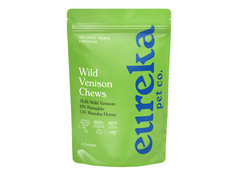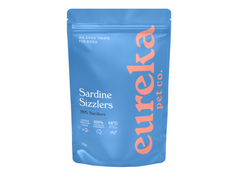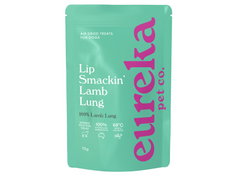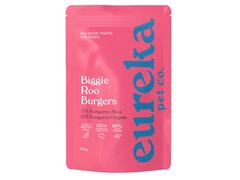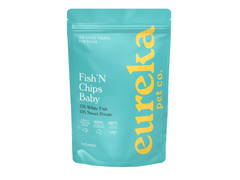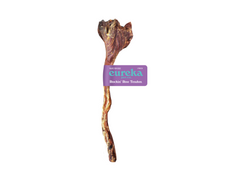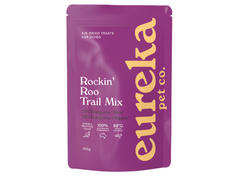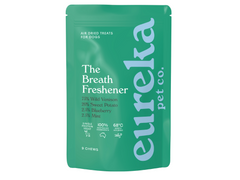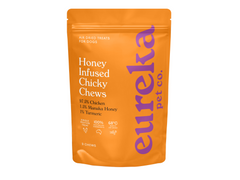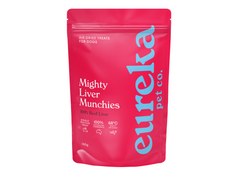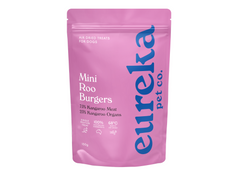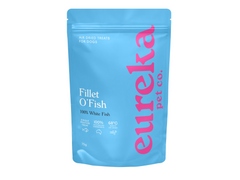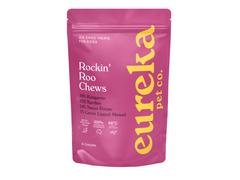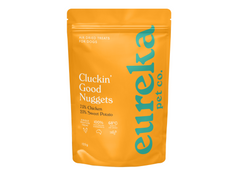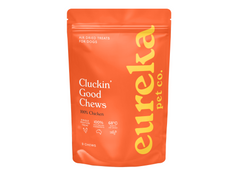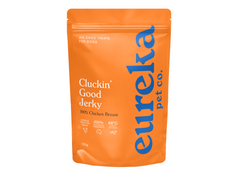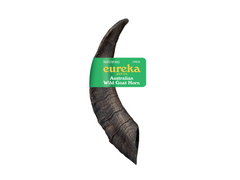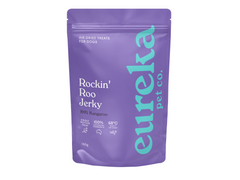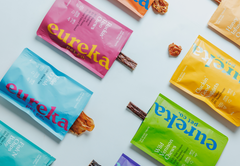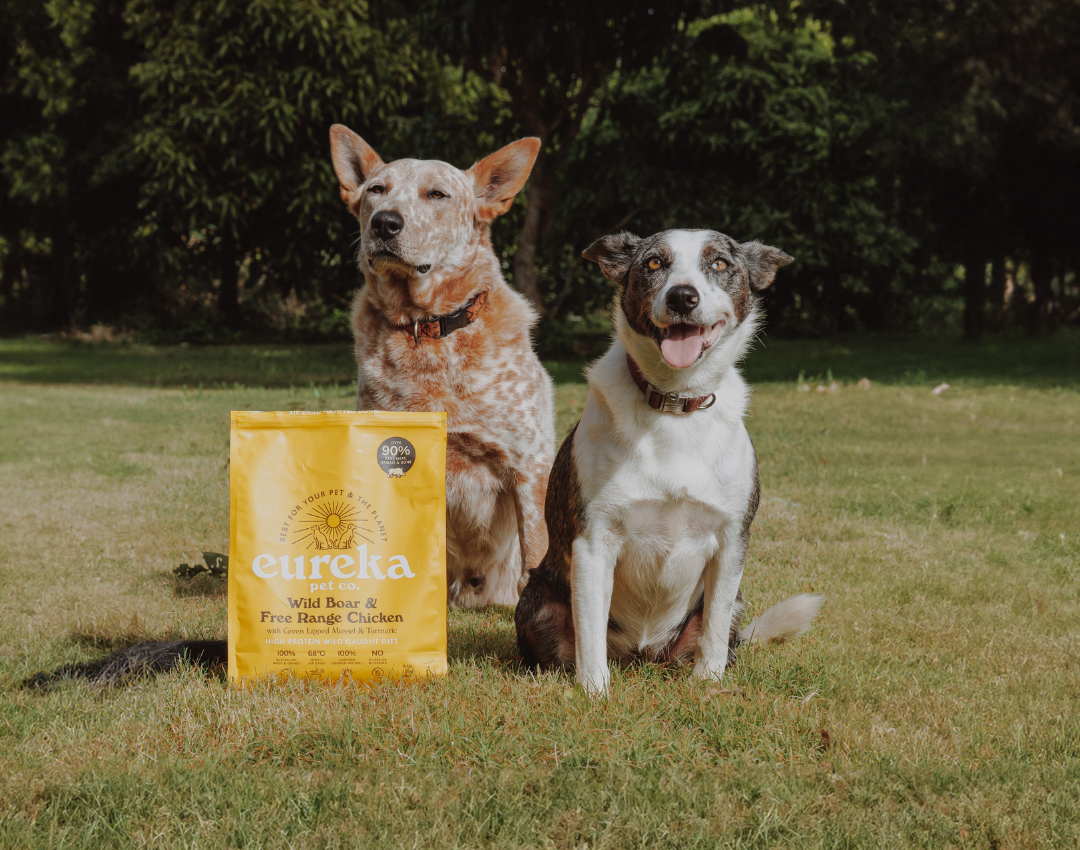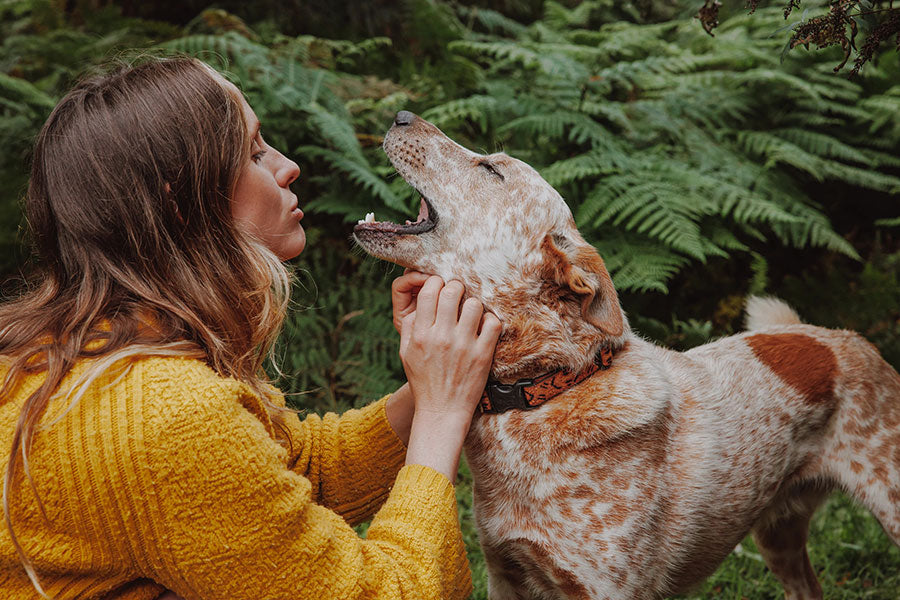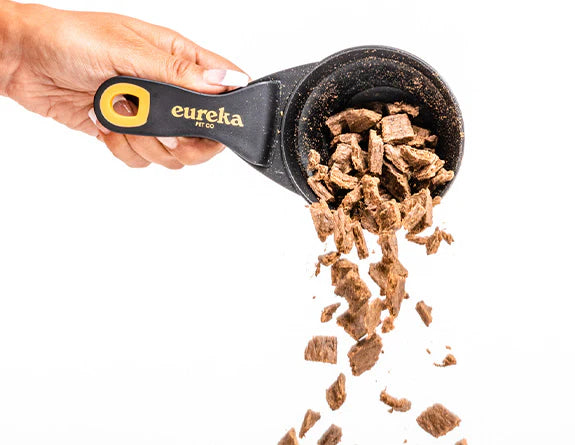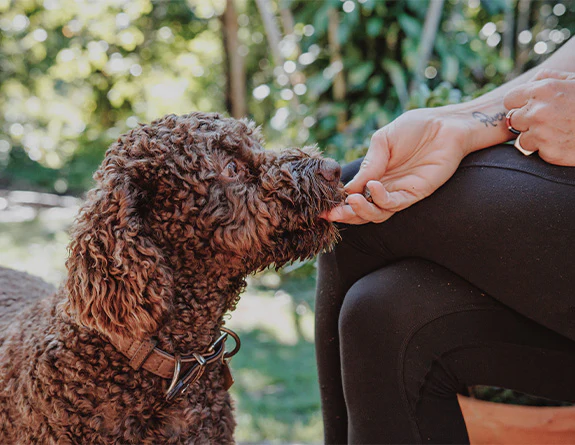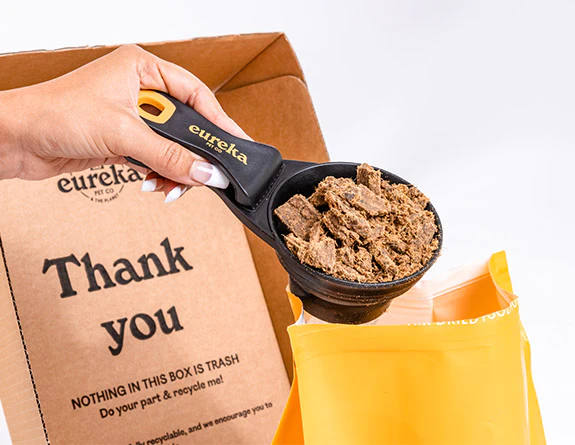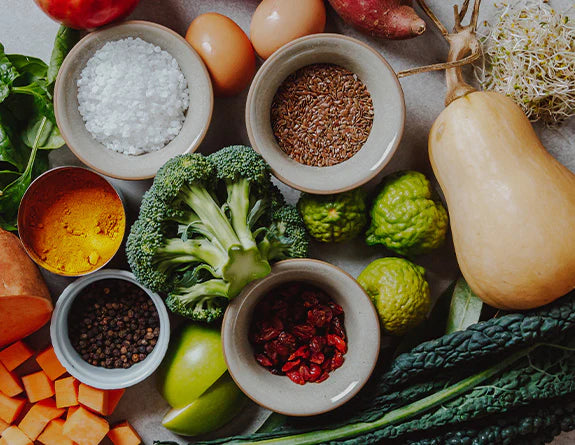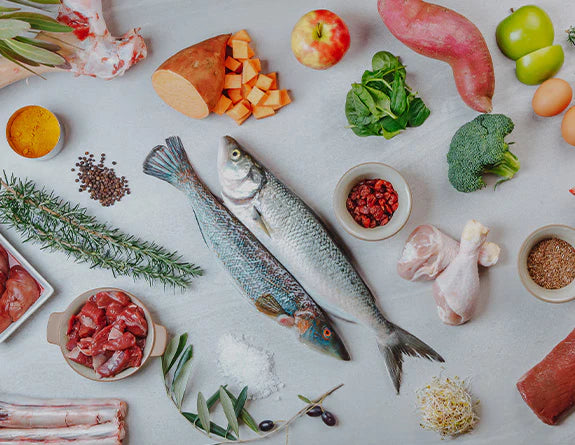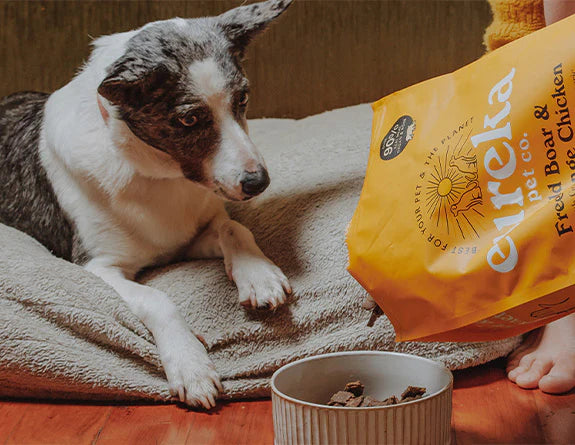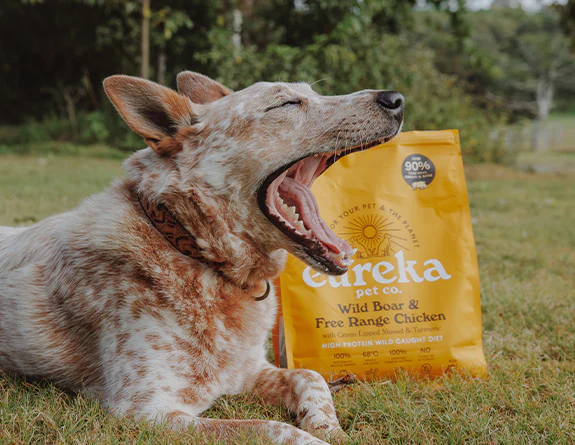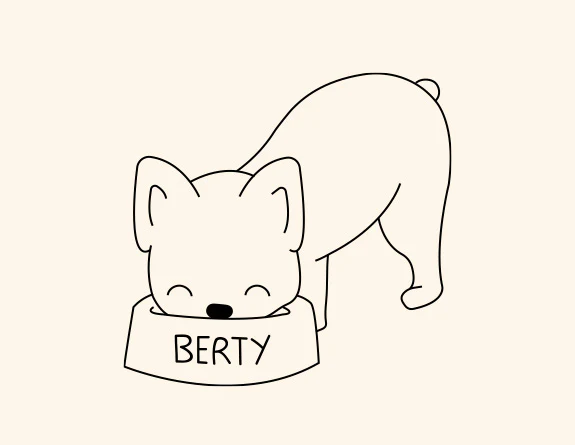Healthy Dog Treats 101: Moderation, Digestive Care & Why It Matters

Keep your dog happy and maintain optimal weight and digestive care with our guide to natural, nutritious treats and smart moderation.
It’s time to talk about an important topic that we all have in common: treats. We all love a little delicious reward here and there – dogs included! But how often should you be giving them out? And what kinds of treats are best for your furry friend when it comes to digestive care or maintaining optimal weight? Let’s dive in and find out.
How Often Should I Give My Dog Treats?
There’s no doubt every dog loves their treats. It can be hard to say no to all that tail wagging, drooling or that adorable puppy-dog look! We all want to give our dogs something to remind them how much we love them, and treats can no doubt be a useful tool in training. But if you care about spending as many years as possible with your furry best mate, it’s critical to remember that keeping them at a lean body weight is going to maximise their lifespan.
Obesity is recognised as the most common form of malnutrition in Australian pets, with published national surveys having reported that 41% of dogs and 32% of cats in Australia are either overweight or obese. Overfeeding your dog with treats can lead to diarrhea, vomiting, and an increase in the dreaded smelly dog farts due to the excess intake of fats and calories. Longer term this can lead to obesity, dental problems, and even pancreatitis in severe cases. In addition, overfeeding treats to dogs can disrupt the balance of beneficial bacteria in their gut, leading to dysbiosis and potentially contributing to long-term digestive problems.
So, how much is too much?
Unfortunately, the answer isn’t as simple as “one or two a day”. As a broad guideline, it is recommended that treats should make up no more than 10% of your dog’s daily calorie intake. There are several factors that determine how many treats you can give your dog, including their age, size, and activity level.
Just like a human, dogs can vary widely in how many calories they need per day. Puppies and young dogs have higher energy levels and require more treats for training and positive reinforcement. On the other hand, senior dogs have lower energy levels and may not require as many treats.
To be sure you’re not overfeeding your dog, take a look into the caloric and macronutrient profile of their primary food and the treats you are using and compare this against their caloric needs. (To quickly estimate how many calories your dog needs each day, check out our handy calculator).
What Type of Treats Should I Give My Dog?
It’s not just about calories. Dogs need a balanced diet full of macro and micronutrients and you should be aiming to use natural, minimally processed treats wherever possible. When it comes to store-bought treats, it’s always important to read the ingredient list and nutritional information.
Look for treats that are made with locally sourced, high-quality ingredients. As a general rule, if you don’t recognise an ingredient or see a chemical you’ve never herd of, you probably shouldn’t be feeding it to your dog! Similarly, avoid added sugars, artificial flavours, colours or preservatives.
Bones: An oldie but a goodie. Always feed your dog raw bones. Raw meaty bones (such as raw chicken wings or lamb flaps) help to keep teeth and gums healthy, provide added nutrition and help cleanse your dog’s digestive tract. Never feed cooked bones to your dog, as these can splinter and cause internal injury. (Get a full download on the safety of bones for your dog, and handy vet tips from this article.)
Real Fruits and Vegetables: Believe it or not, many fruits and vegetables make excellent treats for dogs. Some popular options include carrots, green beans, and apple slices. These treats are packed with vitamins, fiber, and other essential nutrients that can help keep your dog healthy. Every dog is different and you may have to experiment to see what your pup likes – just make sure you are well across the latest vet guidance on what fruits and vegetables you should and shouldn’t give your dog.
Single Protein / Whole Body Part Treats – e.g. liver chunks, ears, tendons. Single protein means you can easily account for any sensitivities or allergies your dog may have. These types of treats undergo minimal processing other than drying and versions without preservatives are widely available.
Lean Meat Treats: These treats are made with high-quality, lean meats such as chicken, venison or kangaroo. They are low in fat and high in protein, making them a great option for dogs.
Air-Dried Treats: Air-dried treats are a healthy and convenient option. They are made by slowly air-drying meat, fruits, and vegetables, which helps to preserve the nutrients while removing moisture. These treats typically have a very high meat content, minimal ingredients and no preservatives.
If you’re looking for a high-quality air-dried treat, check out Eureka Pet Co. Our recipes are over 90% real meat, organs, and bone, with the rest being a purposeful blend of whole foods. We source 99% of our ingredients in Australia, and our food is made in Oz. No artificial preservatives, glycerin, fillers, or nonsense.
What are you waiting for – give it a try today!
What kind of air-dried treats does Eureka offer?
Wild Venison & Grass Fed Lamb
An all-natural formulation loaded with wild-caught venison ethically harvested from Australia’s Alpine region. A prime source of B vitamins, zinc, phosphorus and iron, venison is also a great option for dogs who may have sensitivities to beef or chicken.
Wild Kangaroo & Grass Fed Lamb
As one of the leanest red meats available, Kangaroo is a fantastic high-protein option for dogs suffering from pancreatitis, obesity or diabetes. Plus it’s a naturally low-carbon source of protein, humanely sourced under the Australian code of practice for ethical harvesting.
Wild Boar & Free Range Chicken
A higher protein & lower fat option with the added anti-inflammatory benefits of turmeric. FA fantastic option for senior dogs who may be limiting their fat intake and may need soothing for stiff or achy joints.
